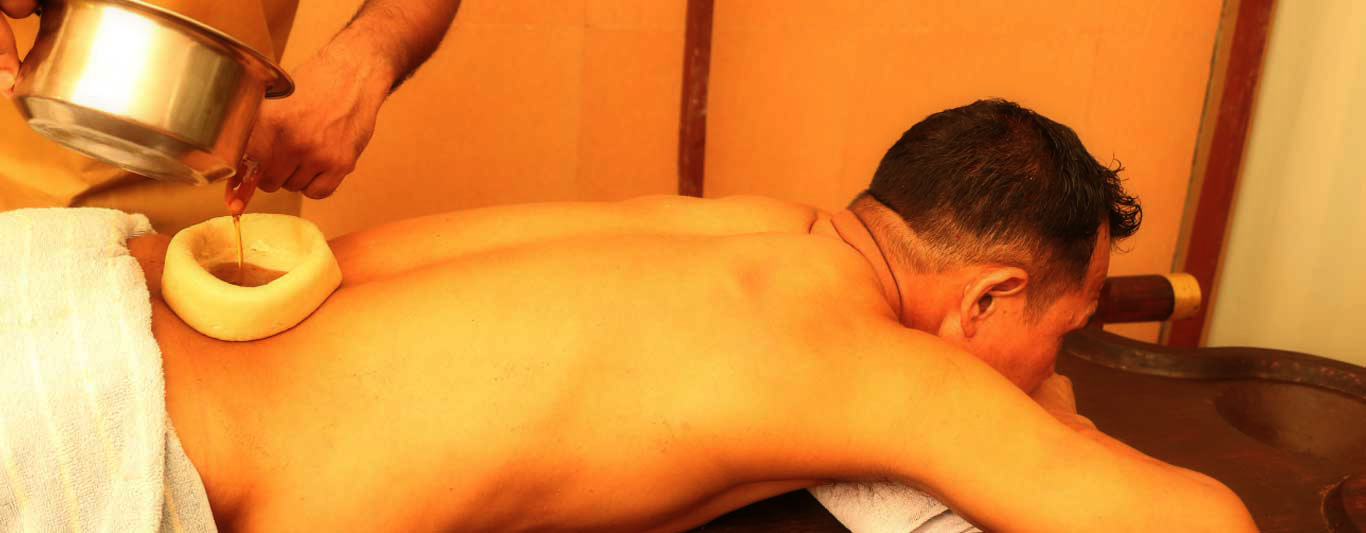Anorexia
Anorexia nervosa — often simply called anorexia — is an eating disorder characterized by the loss of desire to have food even when one is hungry. This condition can arise due to a sedentary lifestyle, stress and wrong eating patterns. In this condition a person has no appetite for food due to indigestion or psychological causes. In some cases the patient gets a bad taste in the mouth and has no desire to swallow the food.
Note that anorexia (simple loss of appetite) is not the same as anorexia nervosa (commonly known as anorexia), which refers to serious psychological and physiological conditions usually seen in women where they develop and aversion to eating and have a distorted body image and a fear of being obese. A person with anorexia nervosa often has severe and even life-threatening weight-loss. In contrast, anorexia (the simple loss of appetite) is usually temporary and does not develop into anorexia nervosa.
Symptoms
- Dieting despite being underweight
- Fatigue
- Dizziness or fainting
- Absence of menstruation (amenorrhea)
- Constipation
- Obsessed about calories & fats
- Dramatic weight loss
- Secretly vomiting after meals
- Over exercising
Ayurvedic Perspective
Anorexia is known as ARUCHI in Ayurveda. It is caused by an aggravation of vata, pitta and kapha doshas, and psychological factors such as fear, anger and stress, leading to incomplete digestion of food. This leads to the formation of ama (mucus). This ama with a type of kapha, known as bodhak kapha blocks the gastrointestinal channels of the body and thus disturbs the sense of taste.
Main procedure
The Ayurvedic line of treatment pacifies the bodhak kapha and relaxes the mind. This ensures that neither physical nor psychological factors affect appetite.
- Upavasam (langhanam)
- Deepana/Pachana therapy
External therapy such as Abhyangam, Navarakizhi, Sirodhara, Thalam, Thala pothichil, Kabalam etc.
Panchakarma Therapy such as Vamanam, Virechanam, Nasyam
Duration of Stay
2 to 3 weeks as per the condition
Expected Outcome
As Ayurveda treats the root cause of the disease instead of treating the symptoms. It is a completely curable disease.
Diet
- Light and easily digestable food.
- Have freshly prepared warm food.
- Meals should be taken at regular intervals, so that the previous meal gets digested
The following contribute to this condition: inactive lifestyle; oily, sweet and heavy foods; snacking between meals; and having meals in a disturbed atmosphere, such as eating while watching television.
Activity restrictions
- When psychological factors are involved, creating a happy and calm atmosphere helps to improve the condition.
- Being in the company of good friends and relatives relieves stress and improves digestive power.
- Yoga postures such as pawanmuktasan and bhramari pranayama is also beneficial for people with anorexia.
Home Remedies
- Prepare a mixture of ¼ teaspoon of ginger juice, ¼ teaspoon of lime juice and a pinch of rock salt. Have this preparation in separate doses 15 minutes before meals, twice a day.
- To remove mucus and improve the functioning of taste receptors, clean your tongue after brushing the teeth. This helps in preventing tastlessness in the mouth and improving appetite.
- Put 5 tbsp of small chopped, fresh ginger in a glass jar. Cover ginger with lemon juice, add a pinch of salt and 1 tbsp of cumin seed powder. Put jar in the sun for 2 days in summer, or 3 days in winter. Eat half tsp before meals.
- Mix the following in powdered form: 10g dried ginger root, 3g black pepper, 2g long pepper, 5g celery seeds, 10g cumin seeds and 10g rock salt. Store it in an airtight vessel. Take 1 teaspoon with the first bite of food during meals twice a day daily.





